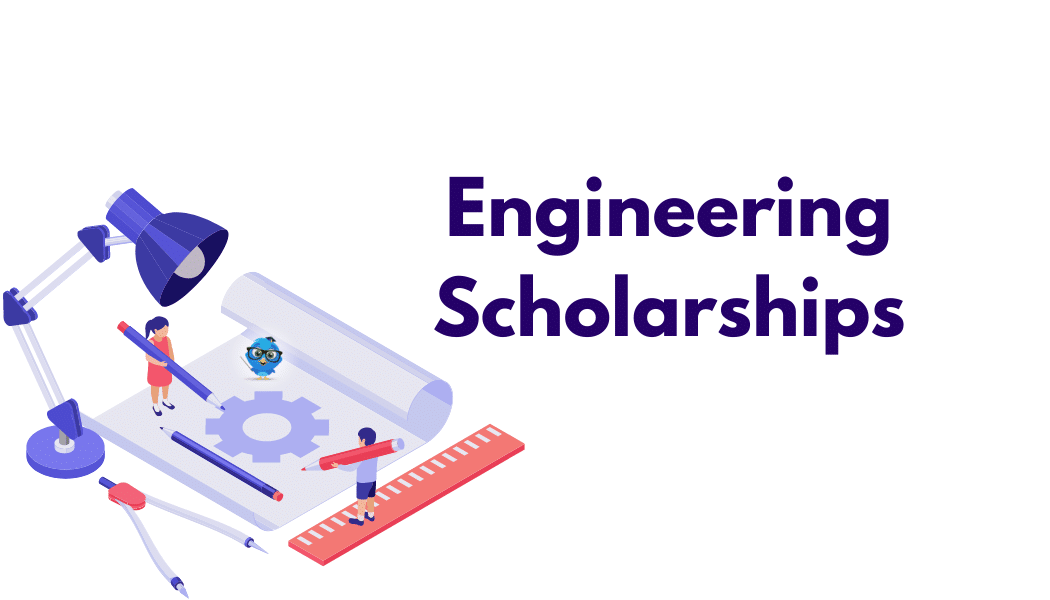Engineering scholarships play a vital role in empowering aspiring students to pursue their dreams of becoming skilled engineers. With the rising costs of education, scholarships provide financial support and create opportunities for talented individuals to excel in the field of engineering. In this article, we will explore the world of engineering scholarships, highlighting their importance, types, application process, and the benefits they offer to students.
Types of Engineering Scholarships
Engineering scholarships come in various forms, catering to the diverse needs and aspirations of students. Some scholarships are merit-based, considering academic achievements, while others are need-based, focusing on financial circumstances. Additionally, there are scholarships specifically designed for underrepresented groups, women, minorities, or individuals from disadvantaged backgrounds, aiming to promote diversity and inclusivity in the engineering field.
Furthermore, certain scholarships target students pursuing specific engineering disciplines, such as civil engineering, mechanical engineering, electrical engineering, or computer science. These scholarships support students who demonstrate exceptional aptitude and passion for their chosen engineering field. By aligning scholarships with specific disciplines, organizations and institutions encourage specialization and innovation within the engineering community.
Application Process and Eligibility Criteria
To apply for engineering scholarships, students must familiarize themselves with the specific application process and eligibility criteria. Typically, applicants need to demonstrate a strong academic record, including high grades in math, science, and engineering-related subjects. They may also be required to submit recommendation letters, personal statements, and essays showcasing their dedication to engineering and future goals.
Financial need is often a key factor in need-based engineering scholarships. Applicants may be asked to provide financial documentation or complete a Free Application for Federal Student Aid (FAFSA) to determine their eligibility for such scholarships. Additionally, extracurricular activities, community involvement, leadership roles, and participation in engineering-related projects or competitions can enhance an applicant’s chances of receiving a scholarship.
Benefits of Engineering Scholarships
Engineering scholarships offer numerous benefits to deserving students. Firstly, they alleviate the financial burden associated with pursuing an engineering degree. By covering tuition fees, textbooks, and living expenses, scholarships enable students to focus on their studies and engage in enriching experiences without the worry of financial constraints.
Moreover, engineering scholarships provide recognition and prestige. Being awarded a scholarship signifies a student’s exceptional abilities and potential within the field. This recognition can open doors to networking opportunities, internships, and mentorship programs, further enhancing the student’s professional development and career prospects.
Engineering scholarships also foster a sense of community and camaraderie among recipients. Many scholarship programs organize events, workshops, and conferences where scholars can connect with like-minded peers, industry professionals, and potential employers. These networking opportunities create a supportive environment and enable knowledge sharing, collaboration, and long-lasting relationships within the engineering community.
Impact on Engineering Education
The availability of scholarships has a significant impact on engineering education as a whole. By providing financial support to talented individuals, scholarships attract top-notch students to engineering programs. This influx of exceptional talent cultivates a competitive and stimulating academic environment, benefiting all students and faculty members. The presence of scholarship recipients enriches classroom discussions, encourages healthy competition, and fosters a culture of excellence.
Furthermore, scholarships promote diversity and inclusivity in engineering education. Scholarships targeting underrepresented groups or individuals from disadvantaged backgrounds address the existing imbalances within the field. By offering equal opportunities and financial support, scholarships help break down barriers and create a more diverse engineering workforce, resulting in greater innovation, creativity, and problem-solving capabilities.
Engineering scholarships empower students to pursue their passion for engineering by removing financial barriers and providing recognition and support. From merit-based to need-based scholarships, these opportunities contribute to the growth of the engineering field by attracting top talent
